Fall 2021 Courses
100 Level Courses
AM 101W 001 Growing up in America
Tammy Owens | 4 credits
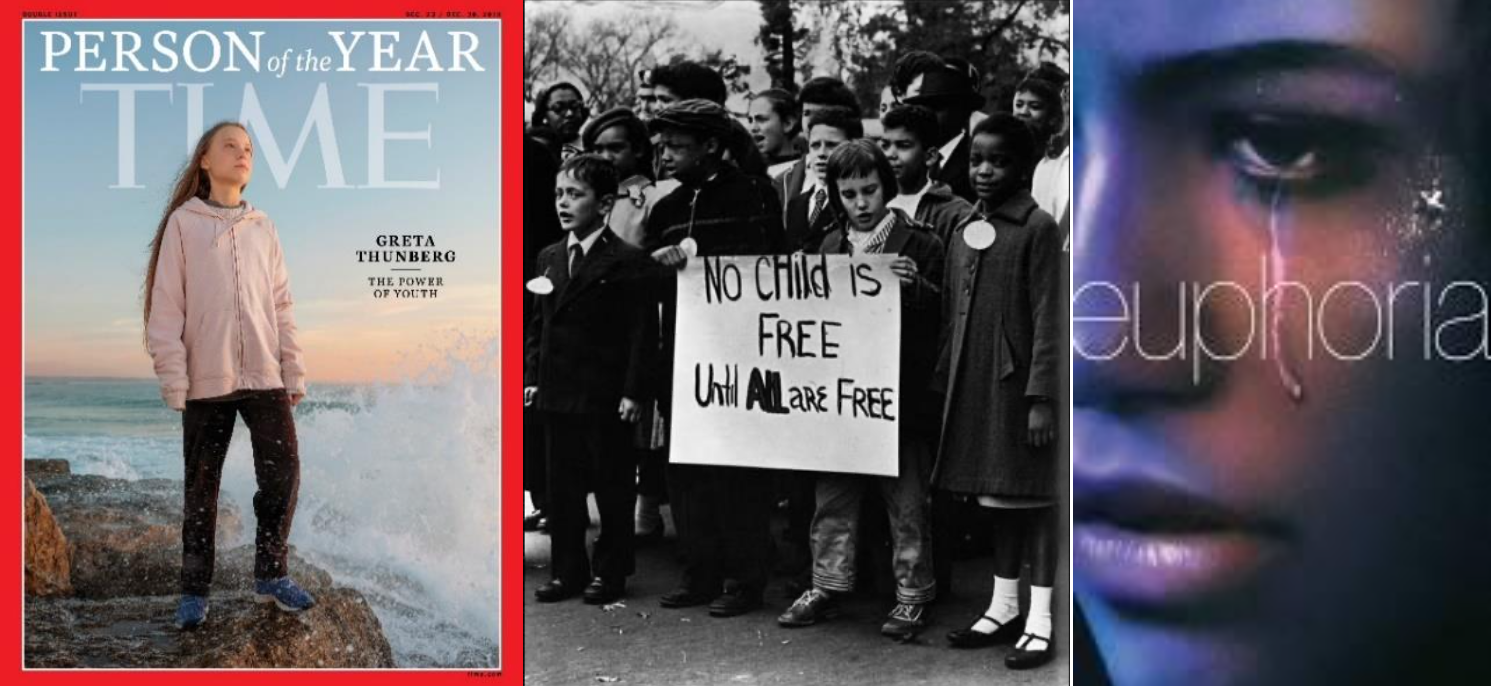
Students will study the history of American childhood to learn how major social, cultural, political, and economic changes in the U.S. haave defined the nation's culture. Students will gain a better understanding of how our ideas and beliefs about what it means to be an American have influenced our ideas about childhood as well as the role of children and young adults in shaping our world. Students will examine the diverse mix of sources including literature, archival documents, films, music, and social media.
Note(s): Fulfills Humanistic Inquiry and Expository Writing requirements.
AM 101W 002 Rise and Fall of the New Deal
Aaron Pedinotti | 4 credits

This course introduces students to the disciplinary parameters and methodologies of American Studies via a semester-long engagement with a major topic in 20th century American history that has recently begun to loom large in contemporary public discourses: the set of Depression Era Federal Government programs and reforms known as the New Deal. Throughout the course, the New deal will serve as a practice object for applying the concepts, models, and empirical methods of American Studies to the understanding of historical topics. Students will learn about basic approaches within the field, apply them to the analysis of the New Deal, and in doing so, aquire the skills that can be used in the analysis of other historical eras as well as contemporary culture. In addition to learning about the history, governing philosophies, and economic ideas the informed the New Deal programs, students will learn about the complex ways that the New Deal has functioned as a marker of historical memory and a contentious political signifier in the decades since its occurrence.
200 Level Courses
AM 233 Representations of the American Past in Film
Daniel Nathan | 4 credits
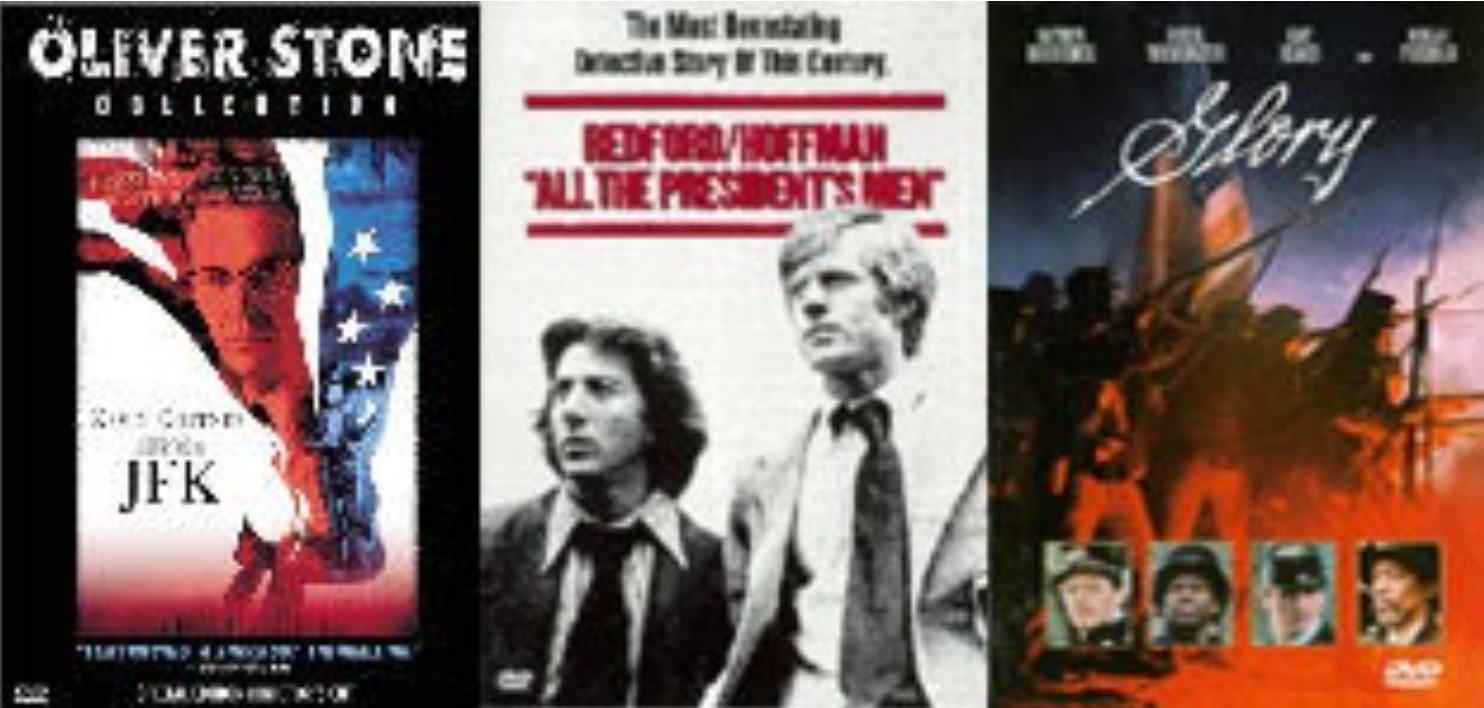
An examination of how Hollywood filmmakers have represented the American past with special attention to the implications of movies for the construction of American cultural identity. Students will analyze films as historical documents that reflect (and sometimes reproduce) the ethos or cultural politics of the period in which they were made and first viewed. Through the use of popular cultural theories, students will consider the ways in which films inform (and sometimes obfuscate and subvert) historical understanding.
Note(s): Fulfills Social Sciences requirement.
AM 241: Mark Twain's America
Gregory Pfitzer | 4 credits
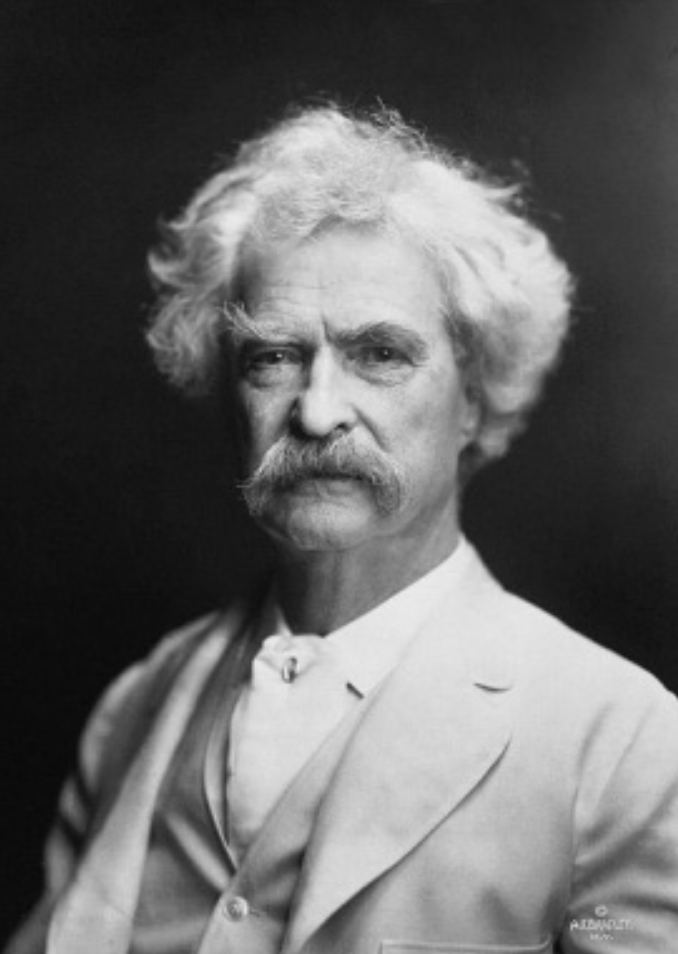
This course considers American culture from the mid-19th century to the early 20th century through the life and works of Mark Twain. Using Mark Twain's essays, letters, short stories, and novels as points of reference for discussions of major themes for the period of Twain's life (1835-1910), the course focuses on issues of regionalism, class, race relations, technology, humor and imperialism.
300 level courses
AM 342 Black Feminist Thought
Tammy Owens | 3 credits
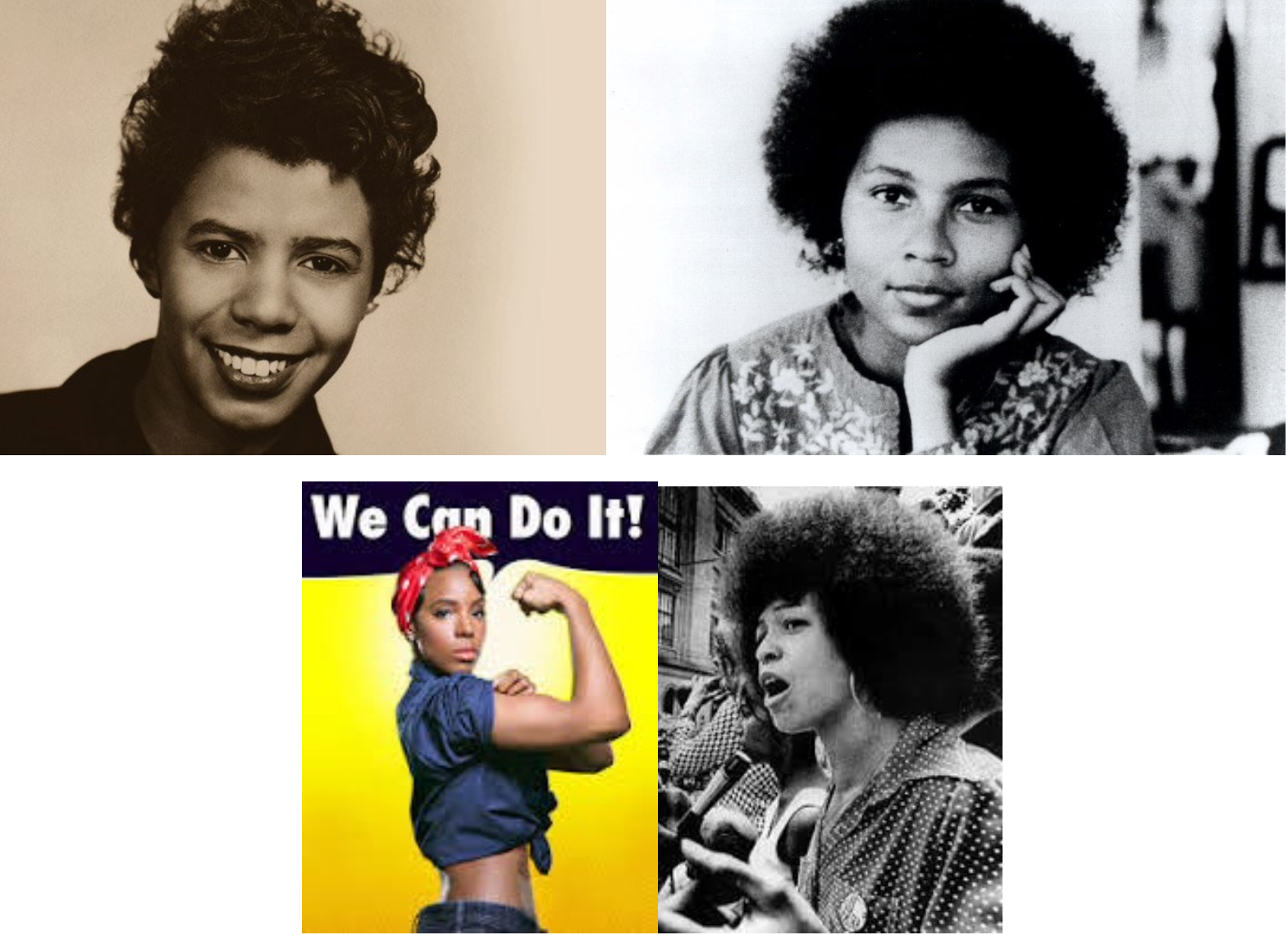
This multidisciplinary seminar will chart and examine the development and expression of Black feminist thoughts, particularly in the United States. The course will focus on the intraracial significance of gender, sexuality, race, ability, and class, as well as the complex interplay among these variables. Emphasis will also be placed on illuminating Black feminist resistance and activism in several distinct, yet overlapping, contexts, including under conditions of servitude, the Black club women's movement and the reemergence of Black feminisms and womanism from the late 1960s onward. In this class you will be introduced to the roots of modern Black feminist thought vis-à-vis anna Julia Cooper and the prescient writings of Lorraine Hansbury. Later, the focus will be on Black feminist thought and lesbian separatism during the 1960s and 1970s and late 20th century transnational feminisms.
AM 346 True Crime in Americ
Daniel Nathan | 3 credits
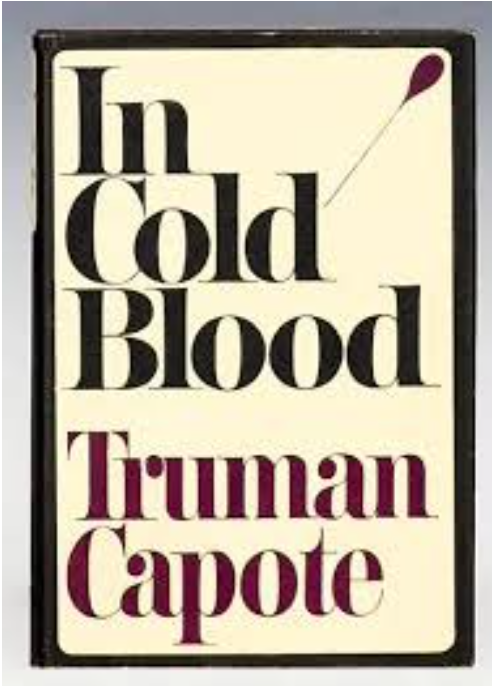
A critical examination of contemporary American true crime narratives, that is, accounts about a criminal act or acts based on fact rather than fiction. This course argues that true crime narratives throw into relief particular cultural concerns and values and help us understand American culture and the complex relationships among criminality, deviance, ethics, identity, justice, power, and representation. Students will consider questions such as: What do true crime narratives tell us about the complicated relationship between power and justice at specific historical moments? Who has wielded (legitimate and illegitimate) power? And when crimes have been committed, what forms has justice taken, and who has administered it?
Note(s): Fulfills Social Sciences and Bridge Experience requirements.
AM 351D Black Girlhood Studies
Tammy Owens | 4 credits
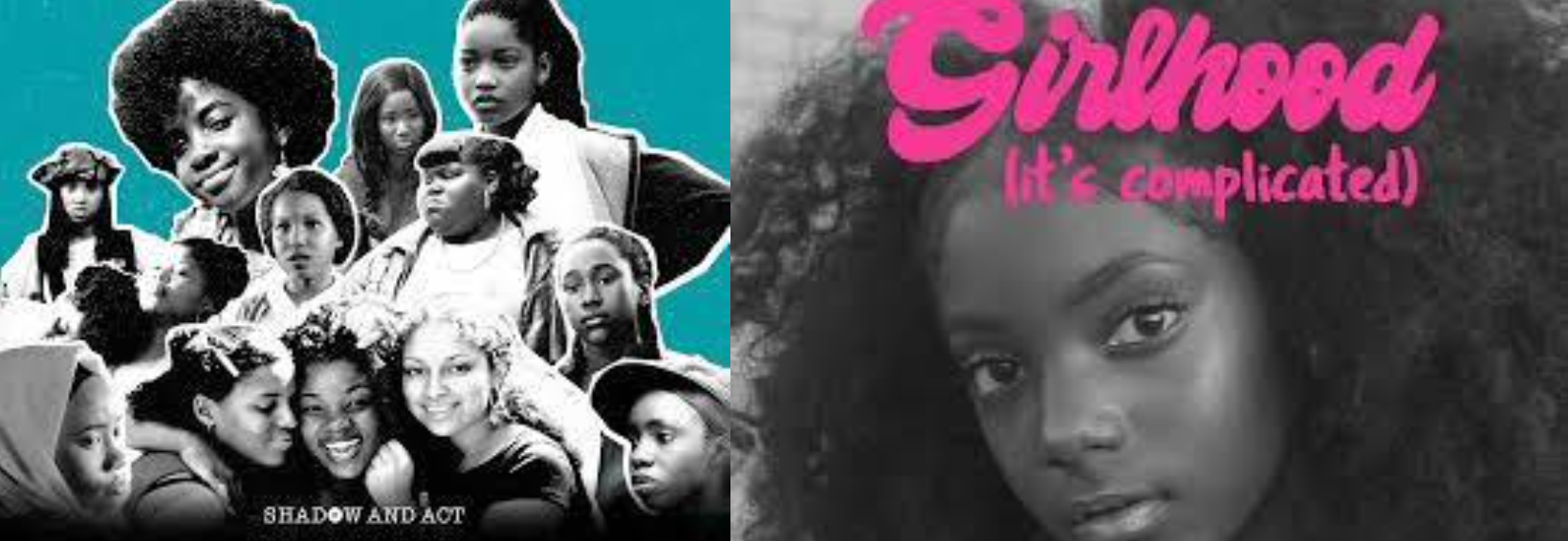
Black Girlhood Studies explores representations and narratives of black girlhood in American culture from the 19th century to the contemporary moment. Students will analyze black girlhood and the stories of black girls through a diverse collection of sources including young adult literature, personal narratives, social media, dance, music, archives, and recent scholarship in Black Girlhood Studies. Students will examine topics such as the racialization of girlhood in America, the criminalization of black girls, sexual literacy, youth activism, and Afrofuturism.
AM 374 Senior Seminar
Rebecca Krefting | 4 credits
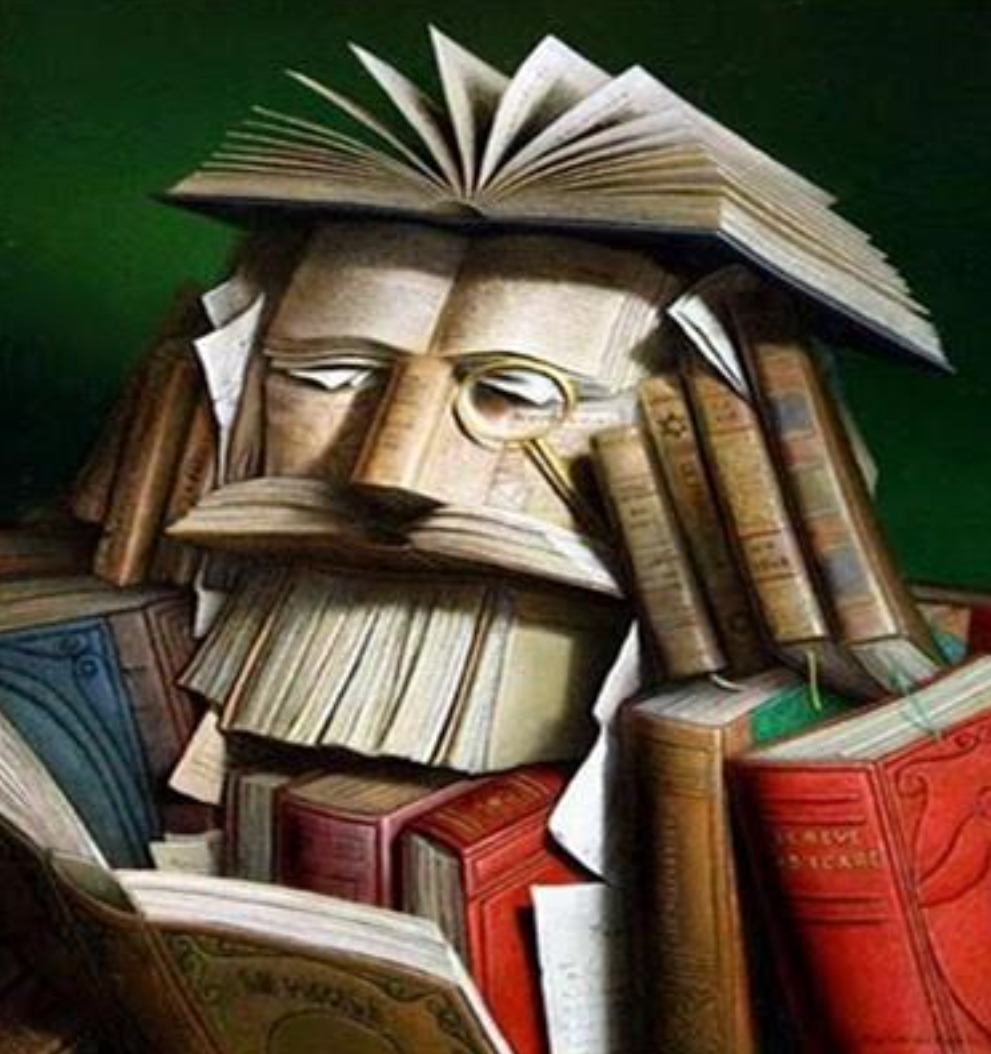
Exploration of primary and secondary sources in the interdisciplinary examination of a particular topic in American culture. Students will purse a major research project or prepare an honors thesis proposal. Required of alll senior majors. Open to majors only; normally taken in fall semester of senior year.
Note(s): 300-level courses in American Studies are not ordinarily open to first-year students except by permission of the instructor.